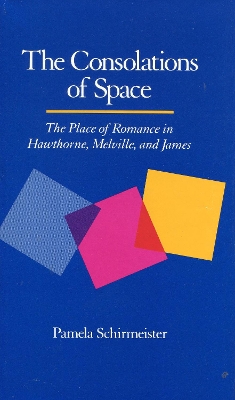Unlike studies that detail how American writers have responded to the physical American landscape, this book takes its point of departure from the peculiarities of romance as American writers have understood it. Romance has always been tied to place, but not to literal or regional place: even when the topography of romance is represented as a place to which one might actually go. it is always, as Coleridge remarked of Spenser's Faeryland, a mental landscape. that landscape is, by its very nature, visionary, so that its details necessarily constitute a trope of perspective. It is the space the writer creates, in which he or she stands so as to see things better, under those particular lights and shadows that make romance possible. Other writers have and have not been there before. While the spaces of romance create the writer's perspective - trope the very writing of romance - they contain complex allusions to poetic forebears. Thus this book also explores the function of literary allusion in American romance, especially in the nineteenth century.
Focusing on Hawthorne, Melville, and James, it examines representations of actual places in their works, and then goes on to show how these places are also and always both highly charged allusive sites and more general figures for romance. Although the book traces the sources of various American romances, it is not a source study. Rather, it explores the complex allusive strategies of American romance in order to suggest that these very strategies are constitutive of the nineteenth-century American romance, and that they are aimed at creating a sense of both transcendental and cultural identity. After its discussions of Melville, James, and Hawthorne, the book concludes with a meditation on the vicissitudes of the romance tradition in the late twentieth century, most notably in the works of Thomas Pynchon.
- ISBN10 0804717931
- ISBN13 9780804717939
- Publish Date 1 May 1990
- Publish Status Active
- Publish Country US
- Imprint Stanford University Press
- Format Hardcover
- Pages 236
- Language English
